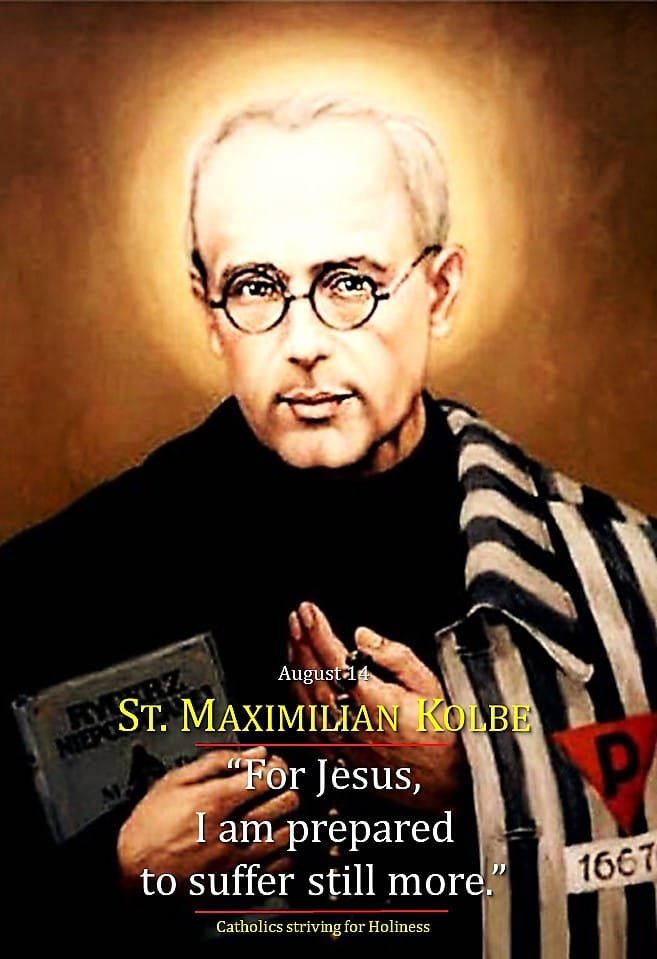DAILY FORMS OF FORGIVENESS

Family unity is more than merely living together, just as peace is more than merely the absence of war. In a home or a business, although no major conflicts may be present, subtle walls can sometimes be raised behind which people try to protect themselves from others. These walls can even appear without our really intending them to, because daily life alongside others almost inevitably gives rise to clashes or annoyances. “There may be friction and differences, but that’s quite normal. In a certain sense it even adds flavour to our daily life. These problems are insignificant, time always takes care of them.”31
As long as we don’t allow our pride to magnify things disproportionately, with time we will see that something we thought was very important was in fact not important at all. So, especially in family life, it is important to be vigilant to prevent the appearance of any walls, even very small ones, that separate us from others. If instead of passing over things we find annoying we were to harbor grudges, something that was in itself inoffensive would chill our hearts little by little, spoiling our relationship with the others and the atmosphere at home.
Resentment is a vicious circle that leads us to keep a list of grievances, feeding our own ego by contrast with other people’s deficiencies, real or imagined. It is mercy that frees us from this vicious circle. God’s Love impels us to seek him in our hearts, pouring out our concerns to him. “From what point do we begin to pardon the small and great wrongs that we suffer each day? First of all, beginning with prayer . . . We begin with our own heart: with prayer we are able to face the resentment we feel, by entrusting to God’s mercy those who have wronged us: ‘Lord, I pray to you for him, I pray to you for her.’ Then we discover that this inner struggle to forgive cleanses us of evil, and that prayer and love free us from the interior chains of bitterness. It is so awful to live in bitterness! Every day we have the opportunity to practise forgiving, to make a gesture so lofty that it brings man closer to God.”32 Saint Josemaría, for example, in the Mementos of the Mass, used to pray for those who had tried to harm him in any way.33

A merciful heart is a heart that is agile, quick to confront daily annoyances with a sporting spirit, not making a drama out of them.34 We can sometimes find it difficult to forgive others when we are weighed down by tiredness, discouragement or tension. But it is a good idea to aim to forgive right away (with God’s help, which never fails us), and even to forgive in advance, generously, without keeping any account. If we make allowances for people – giving them, so to speak, a margin in which to make mistakes, be thoughtless or get irritable – we won’t have to forgive them as though making concessions to them. Rather we will forgive them without giving ourselves importance, with a charity that bears all things, believes all things, hopes all things, endures all things.35
We may certainly find it hard to get over someone else’s behavior, and it may be appropriate to point it out gently to them, at the right time, to help them improve. But whatever the case, we can forgive straight away, even though it hurts. Very often we won’t even need to say so in words, so as not to dwell on the episode. Our warmth and a friendly remark will be enough to smooth things over. When we overcome the temptation to return harm for harm, or coldness for coldness, our Lord fills our souls. Then we can say with the Psalmist, misericordia tua super vitas, your mercy is better than life.36 And we can say with Saint Josemaria, who knew that it was our Lord who enlarged his heart, “I haven’t needed to learn how to forgive, because God has taught me how to love.”37
31 St Josemaría, Conversations, 101.
32 Pope Francis, Angelus, 26 December 2015.
33 Cf. Javier Echevarria, Vivir la Santa Misa, Madrid: Rialp 2010, pp. 106 and 151.
34 Cf. Conversations, 91.
35 I Cor 13:7.
36 Ps 63(62): 3.
37 St Josemaría, Furrow, 804.
EXCERPT FROM “WITH LOVE IN OUR EYES: MERCY AND FRATERNITY” IN https://opusdei.org/en/document/with-love-in-our-eyes/.

